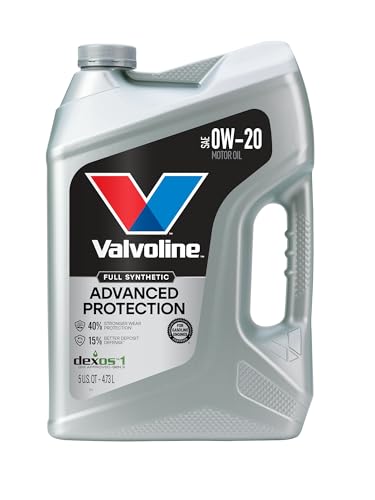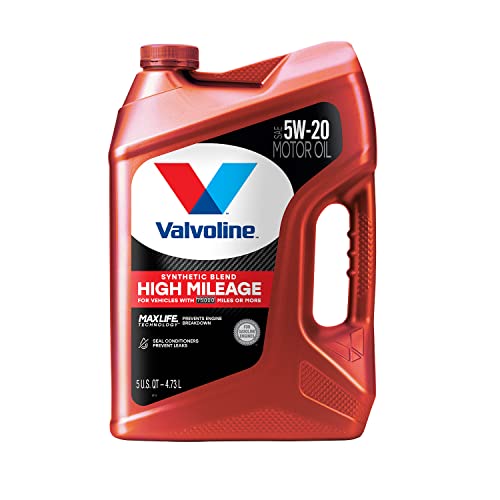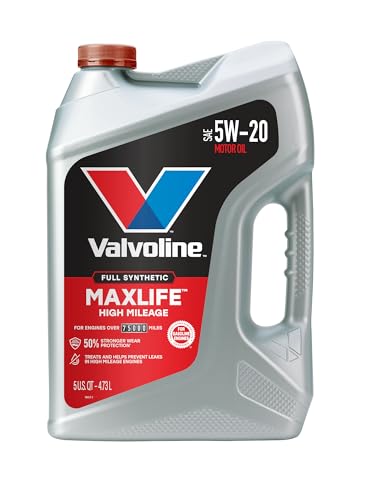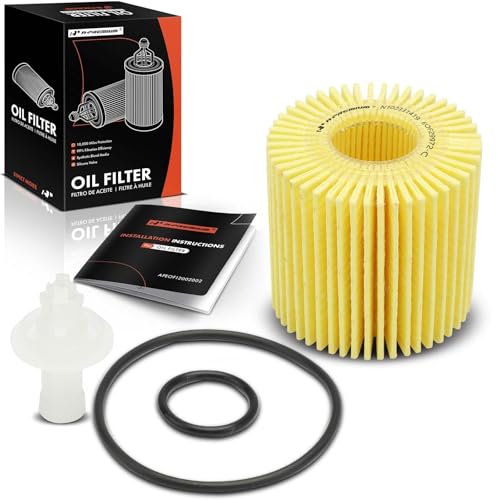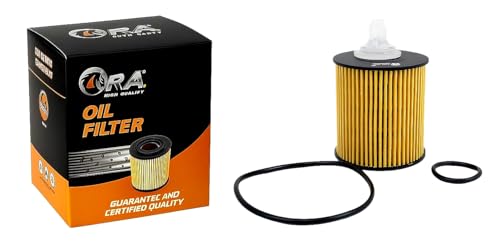The 2010 Lexus RX 350 is a luxury crossover SUV designed to provide a smooth and comfortable ride while also delivering reliable performance. To keep your vehicle running smoothly and efficiently, it’s important to use the right oil type.
In this article, we’ll discuss the recommended oil type for the 2010 Lexus RX 350, how to change the oil, how to dispose of used oil safely, and factors affecting engine oil consumption.
Engine Oil Capacity and Recommended Oil Type
The owner’s manual recommends an engine oil capacity of 6.4 qt. (6.1 L) with filter and 6.0 qt. (5.7 L) without filter for the 2010 Lexus RX 350. It is important to follow the drain and refill process recommended by the manufacturer to ensure proper oil levels and avoid damage to the engine.
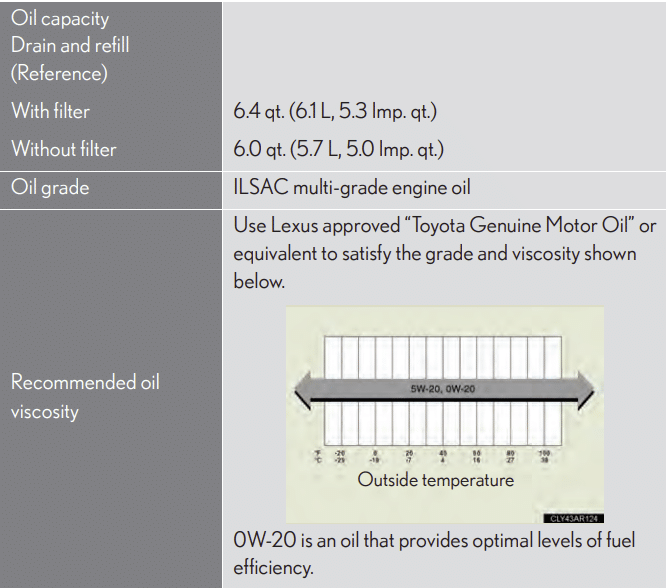
Toyota Genuine Motor Oil or an equivalent oil grade is recommended for the 2010 Lexus RX 350. Using the right oil grade to protect the engine from wear and tear and ensure optimal performance is important.
The recommended oil viscosity for the 2010 Lexus RX 350 is SAE-5W-20 or SAE-0W-20. The “0W” in the viscosity rating allows for easy cold startability, while the “20” indicates the oil viscosity at operating temperature. Choosing the right oil viscosity is important to ensure proper engine lubrication in all conditions.
- Advanced protection against the four main causes of engine breakdown: wear friction heat and deposits
- Delivers 40% stronger wear protection than industry standards to reduce friction and improve fuel economy
- Provides 15% better deposit defense vs. industry standards, keeping engines cleaner for smoother performance and longer-lasting protection
- Up to 2.5X better heat protection vs. industry standards to fight harmful sludge formation and thermal breakdown
- For new Toyota and Scion purchases, use 0W-20 oil for all oil changes
- With the new 0W-20 oil you only needchange your oil every 10,000 miles12 months, dependingoperating conditions
- Reduced environmental burdenrecycling and disposalwaste oil
- Enhanced engine protection, wide variety operating temperatures
- Mobil 1 Advanced Fuel Economy full-synthetic motor oil 0W-20 is low-viscosity to help improve fuel economy.*
- Utilizes Mobil 1’s signature Triple Action Formula to deliver outstanding engine performance, protection, and cleanliness
- Helps protect critical engine parts for up to 10,000 miles between oil changesm,** controlling oxidation to prevent oil breakdown and maintaining excellent viscosity
- Meets ILSAC GF-6 standards to help provide low-speed pre-ignition (LSPI) and timing chain wear protection while keeping your engine clean
- MaxLife Technology prevents engine breakdown with 40% better wear protection than the industry standard
- Includes seal conditioners to reduce oil consumption and oil leaks in high mileage engines.
- Added detergents reduce sludge, corrosion, rust and deposits to help keep motors clean inside and ensure a smooth-running engine.
- Advanced friction-fighting additives help maximize performance and improve fuel efficiency.
- Designed for vehicles with 75,000 miles or more, Valvoline MaxLife Full Synthetic High Mileage Motor Oil helps maximize engine life and performance for the many miles still ahead
- Formulated with seal conditioners to help prevent oil leaks, reduce oil consumption, and improve fuel economy
- Delivers 50% stronger wear protection than industry standards for superior defense against friction and wear
- Provides 20% stronger sludge defense than industry standards to protect against harmful buildup and deposits
- Mobil 1 advanced full-synthetic motor oil 5W-20 utilizes Mobil 1’s signature Triple Action Formula to deliver outstanding engine performance, protection, and cleanliness.
- Helps protect critical engine parts for up to 10,000 miles between oil changes,* controlling oxidation to prevent oil breakdown and maintaining excellent viscosity
- Meets ILSAC GF-6 standards to help provide low-speed pre-ignition (LSPI) and timing chain wear protection while keeping your engine clean and helping to improve your fuel economy
- Helps extend engine life by working to prevent damaging deposits and sludge buildup
Engine Oil Consumption
Engine oil consumption is influenced by several factors, including the oil viscosity, the quality of the oil, and driving conditions. Higher speeds, frequent acceleration and deceleration, and extreme load conditions can cause increased oil consumption. A new engine may also consume more oil.
The maximum oil consumption for the 2010 Lexus RX 350 is 1.1 qt./600 miles (or 1.0 L/1000 km). If your vehicle’s oil consumption exceeds this amount, you should contact your Lexus dealer for assistance. Diluted oil can make it difficult to judge the true oil level, so it’s important to check the oil level regularly and monitor oil consumption.
Changing Engine Oil
The owner’s manual recommends changing the oil every 10,000 miles (or 12 months), whichever comes first. It is important to follow the manufacturer’s recommended oil change intervals to maintain engine performance and longevity.
Regular oil changes are essential for keeping your engine clean and reducing engine wear and tear. Fresh oil helps to remove contaminants that can build up in the engine over time, preventing damage to engine components and ensuring optimal performance. Regular oil changes also help to maintain fuel efficiency and reduce emissions.
Using the recommended oil type, such as Toyota Genuine Motor Oil or equivalent with the recommended viscosity, can provide benefits such as improved engine protection, better fuel efficiency, and easy cold startability. Synthetic oil is also a superior type of motor oil that offers better performance and protection than conventional oil. Using the recommended oil type can help to maintain the health and performance of your engine.
- Genuine Lexus OEM product
- [Vehicle Fitment-1]: Replacement for Toyota Tacoma 2016-2023, Sienna 2007-2020, Camry 2007-2023, Highlander 2008-2022, Avalon 2005-2022, fit for RAV4 2006-2018, Venza 2009-2016; Compatible with Lotus Evora 2010-2017; Replacement for Scion tC 2011-2016 — Engine protection for up to 10,000 miles, with 99% filtration efficiency
- [Vehicle Fitment-2]: Compatible with Lexus RX350 2007-2022, ES350 2007-2023, IS250 2008, RX450h 2010-2022, IS250 2013, ES300h 2013-2018, NX200t 2015-2017, NX300h 2015-2021, GS200t/IS200t/RC200t 2016-2017, GS350 2016-2020, RC350 2017-2022(RWD), IS350 2017-2023(RWD), GS300 LS500 RC300 2018-2019, NX300 2018-2021, RC300 RX350L RX450hL 2018-2022, IS300/LC500h/LS500h 2018-2023
- [Specifications]: ① Reference Number: CH9972, 57047, L25608, HU7019z, 0415231080, 0415231090, 0415231110, 04152YZZA1; ② Filter Type: Cartridge; ③ O-Ring Inside Diameter: 3.15 inch; ④ O-Ring Outside Diameter: 3.29 inch; ⑤ O-Ring Thickness: 0.014 inch; ⑥ Height: 2.64 inch; ⑦ Inside Diameter Bottom: 1.1 inch; ⑧ Top Inside Diameter: 1.1 inch; ⑨ Outer Diameter Bottom: 2.76 inch; ⑩ Outer Diameter Top: 2.76 inch; ⑪ O-rings included: Yes; ⑫ Filter Media Material: Semi-Synthetic;
- [Enhanced Performance-99% filtration efficiency]: A-Premium Oil Filter with 99% filtration efficiency and effectively intercept particles and impurities that may damage the engine, extending engine life and maintenance intervals.
- EASY INSTALLATION: Engine oil filter comes with Suregrip non-slip surface making it easy to remove and implement your filter without slippery mess ups. Perfect for the DIYer like yourself, just screw new filter on until gasket reaches base contact and tighten.
- DURABLE DUAL LAYER: Compare to standard oil filters, R.A. products provides 99%+ filtration efficiency with pleated media that entraps all kinds of dirt and exhaust for a cleaner output.
- SUPERIOR ENGINE PROTECTION: R.A. Engine Oil filter is composed of a slick silicone anti-drainback valve, delivering superior start-up engine protection with up to 3X the hot oil resistance. Keep your filter clean without the dangerous mess.
- HIGH TEMP RESISTENCE: Filter combats high heat pressure for longer shelf life with advanced high nitrile gasket for extended durability and quality. 15,000 MILE CAPABILITY: Reliable for high mileage, R.A. offers proven protection up to 15,000 miles. R.A. delivers reliable performance for the person who lives on the road.
Used Oil Disposal and Handling
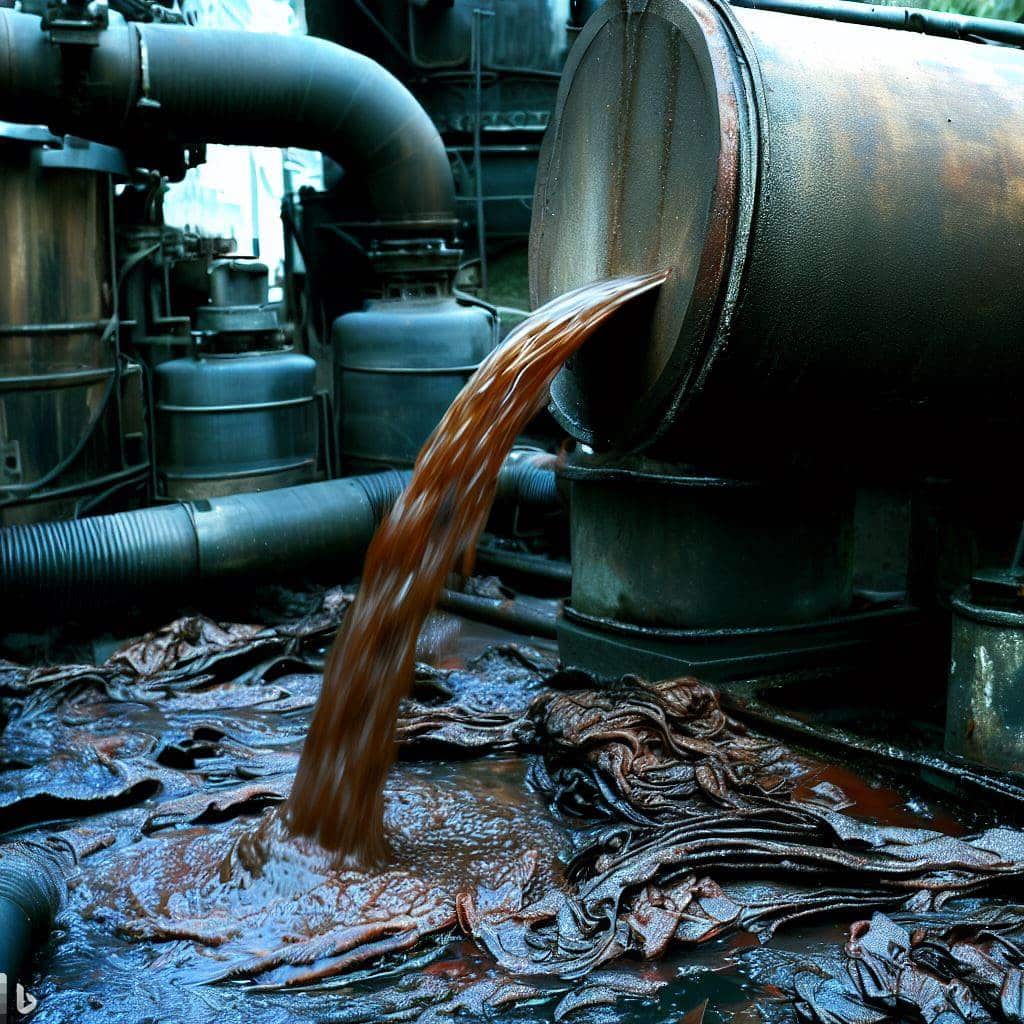
Used engine oil can contain harmful contaminants such as lead, cadmium, and chromium that can cause skin disorders such as inflammation or skin cancer. Inhaling oil vapors can also cause respiratory problems. Therefore, it is important to handle and dispose of used engine oil safely to avoid potential health hazards.
Proper disposal methods for used engine oil include taking it to a local collection center, recycling facility, or auto parts store that accepts used oil for recycling. Used oil filters should also be properly disposed of in the same manner. It is important to avoid pouring used oil down drains or onto the ground, as it can contaminate water sources and harm the environment.
Safety precautions when handling used engine oil include wearing gloves, goggles, and protective clothing to avoid contact with skin and eyes. Used oil should be stored in a sealed container that is labeled properly and kept out of reach of children and animals. After handling used oil, it is important to wash your hands thoroughly with soap and water.
Conclusion
In summary, the 2010 Lexus RX 350 requires Toyota Genuine Motor Oil or equivalent oil grade with a recommended oil viscosity of SAE-5W-20 or SAE-0W-20. It is important to follow the recommended engine oil capacity, drain and refill process, and oil change intervals to ensure proper engine lubrication, performance, and longevity. Used engine oil should be disposed of safely, and proper safety precautions should be taken when handling it.
Following the manufacturer’s recommendations for engine oil type, capacity, and change intervals is essential for maintaining the health and performance of your 2010 Lexus RX 350 engine. Regular oil changes with the recommended oil type and viscosity can help reduce engine wear and tear, improve fuel efficiency, and ensure optimal performance. Safe disposal of used engine oil is also important for protecting the environment and avoiding potential health hazards.
Last update on 2026-01-30 / Affiliate links / Images from Amazon Product Advertising API

